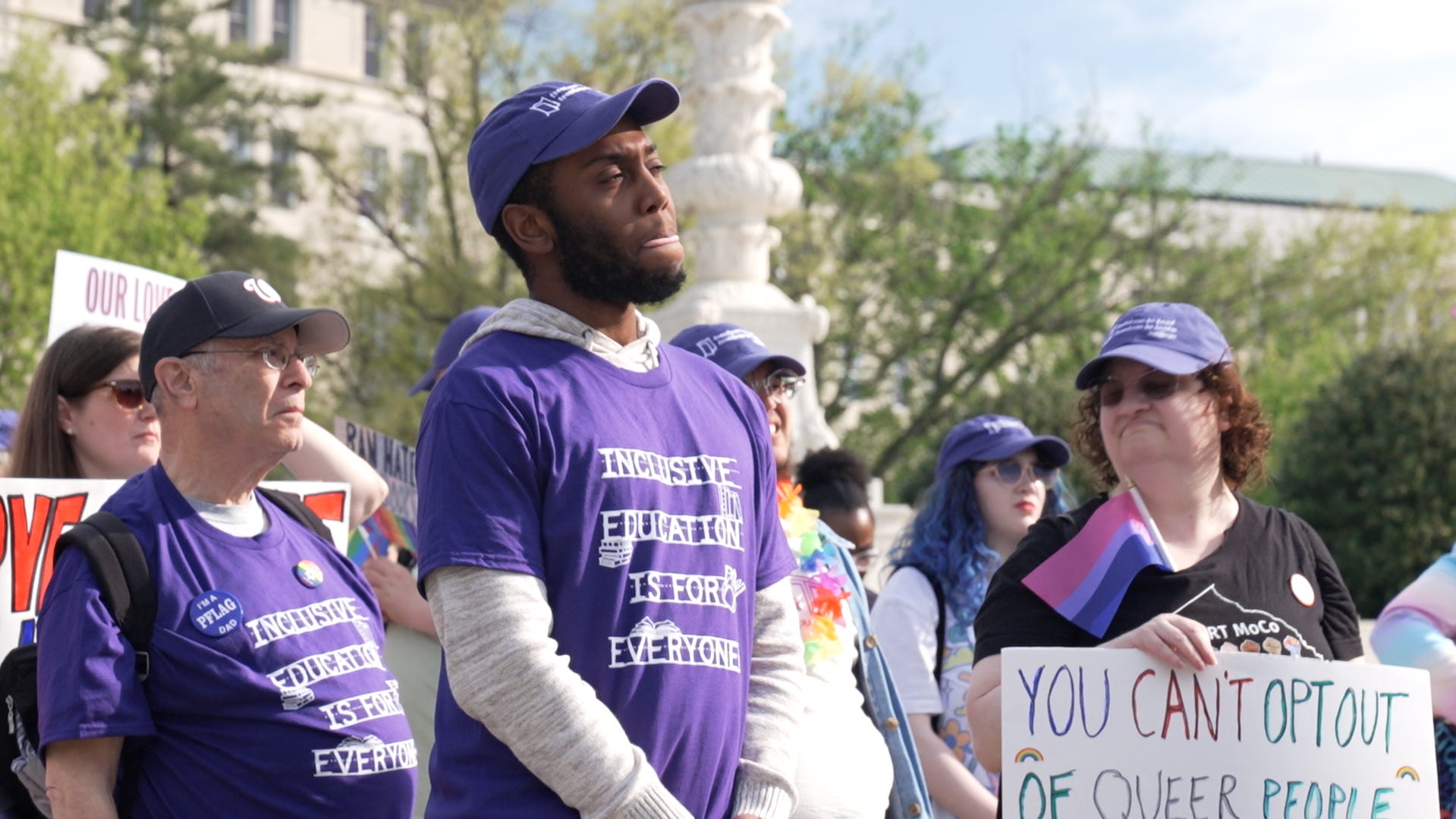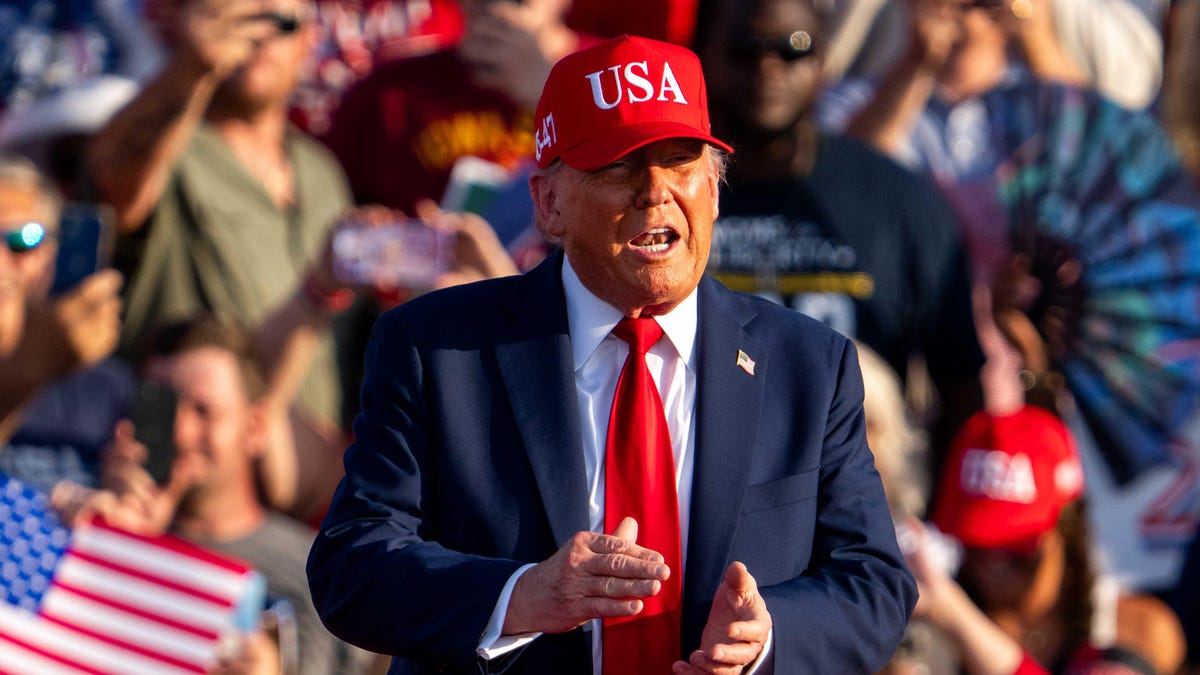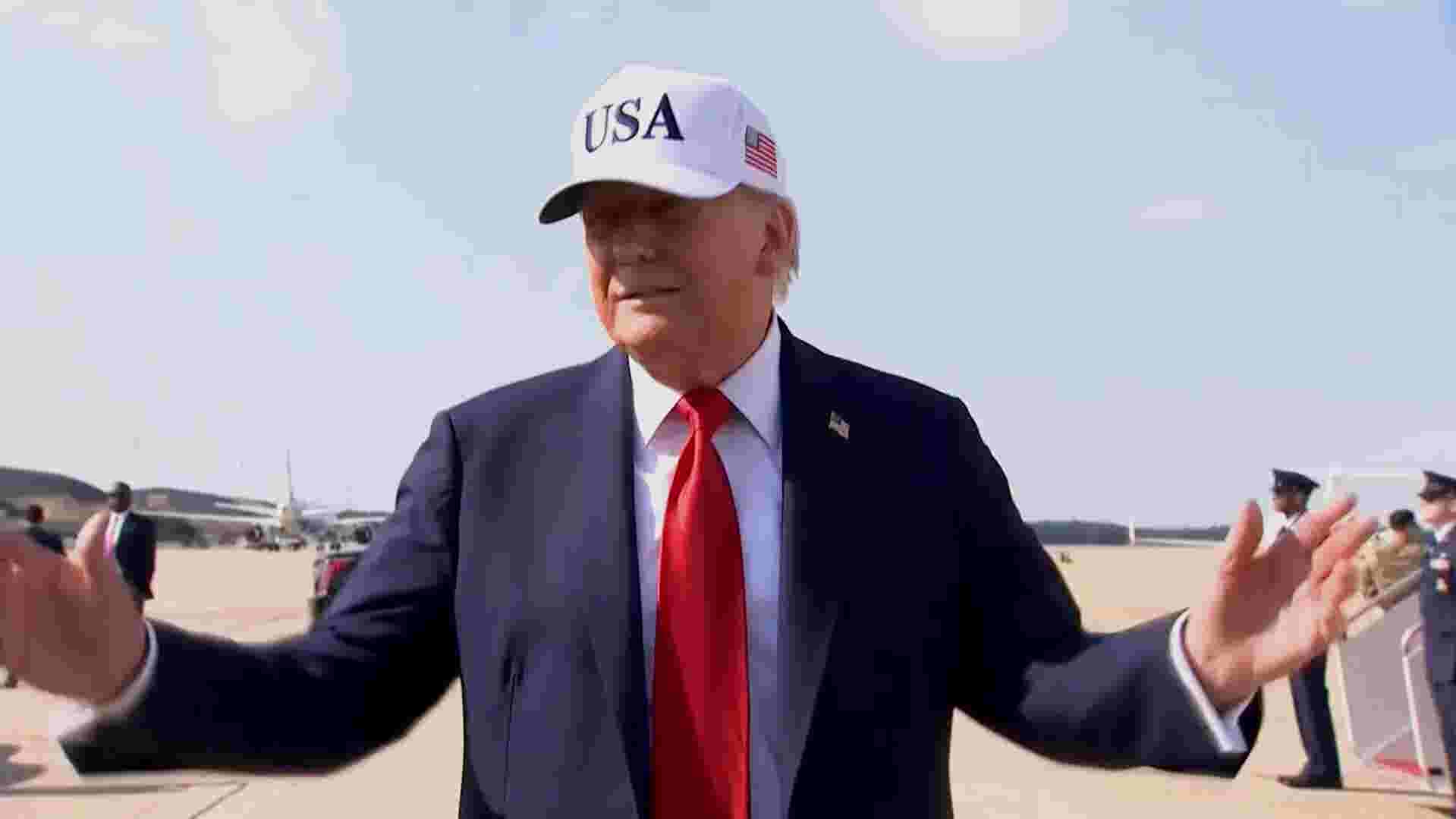
SCOTUS takes up case on LGBTQ+, inclusive books in schools
Demonstrators on both sides protested as the Supreme Court heard a school district’s case on parents’ rights and LGBTQ+ books.
WASHINGTON − The Supreme Court on June 27 upheld an $8 billion federal program that subsidizes high-speed internet and phone service for millions of Americans, rejecting a conservative argument that the program is funded by an unconstitutional tax.
The case raised questions about how much Congress can “delegate” its legislative authority to a federal agency and whether the Supreme Court should tighten that standard.
In a 6-3 decision, the court said Congress set clear guidance on how the program should work.
“For nearly three decades, the work of Congress and the (Federal Communications) Commission in establishing universal-service programs has led to a more fully connected country,” Justice Elena Kagan wrote for the majority. “And it has done so while leaving fully intact the separation of powers integral to our Constitution.”
Three of the court’s six conservatives dissented.
Justice Neil Gorsuch said the majority wrongly concluded that an executive agency can decide for itself what taxes to impose, a power only Congress has.
“The framers divided power among legislative, executive, and judicial branches not out of desire for formal tidiness, but to ensure ours would indeed be a Nation ruled by `We the People,'” Gorsuch wrote in a dissent joined by Justices Clarence Thomas and Samuel Alito.
Under a law Congress passed in 1996, telecommunications companies are charged a Universal Service Fund fee – passed on to customers − that boosts phone and internet service to households and hospitals in rural areas, to low-income families, and to public schools and libraries.
A private administrator overseen by the Federal Communications Commission distributes the funding, collects the fees and estimates how much needs to be raised each quarter. The FCC must approve the estimate before it’s used to determine fees for each carrier.
The conservative group Consumers’ Research, a carrier and a group of consumers challenged this setup, which has been the law for nearly three decades, asserting it’s Congress, not the FCC – and certainly not a private entity − that must determine the fee level.
“At its heart, this case is about taxation without representation,” Trent McCotter, an attorney for the group, told the Supreme Court in March. “The amount of public revenue to raise is a quintessential legislative determination, not some minor detail to be filled in later.”
While appeals courts in Ohio and Georgia rejected those arguments, the Louisiana-based 5th U.S. Circuit Court of Appeals declared the universal service fee unconstitutional.
The challenge was part of a conservative effort to curb the “administrative state” that has often been successful at the high court.
But Paul Clement, who served as solicitor general under former President George W. Bush − a Republican − represented a trade association for the telecommunications industry defending the program. He told the justices this was not the right case to revamp Supreme Court decisions that had set a low bar for the non-delegation rule.
“We all benefit from having a communications system that is truly universal,” Clement said. “I may not live in rural Alaska, but it’s nice to be able to place a call there.”
And the Justice Department warned that declaring the funding scheme unconstitutional would jeopardize many other programs.
The telecommunications law, according to the department, follows the same delegation framework Congress has used in a range of areas, including to prevent unfair competition, oversee the securities industry, ensure the safety of food and drugs, regulate labor relations and set air-quality standards.
The lead case of the two that were consolidated for arguments is Federal Communications Commission v. Consumers’ Research.








